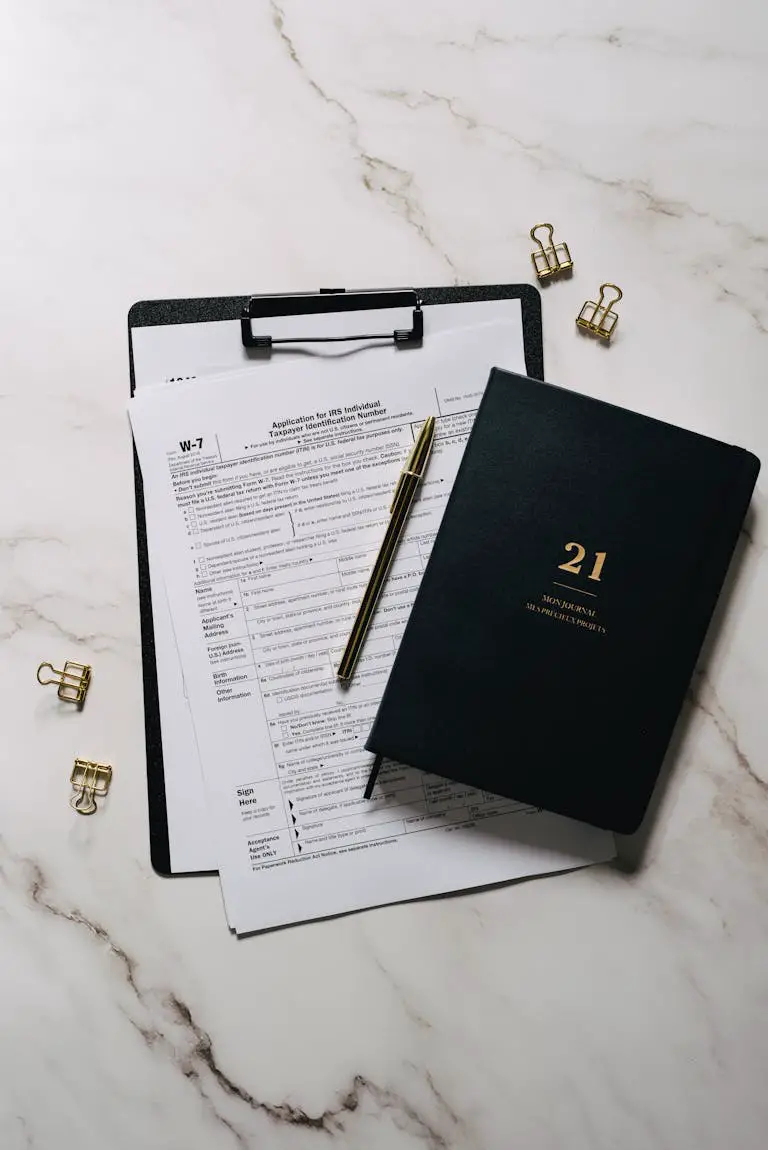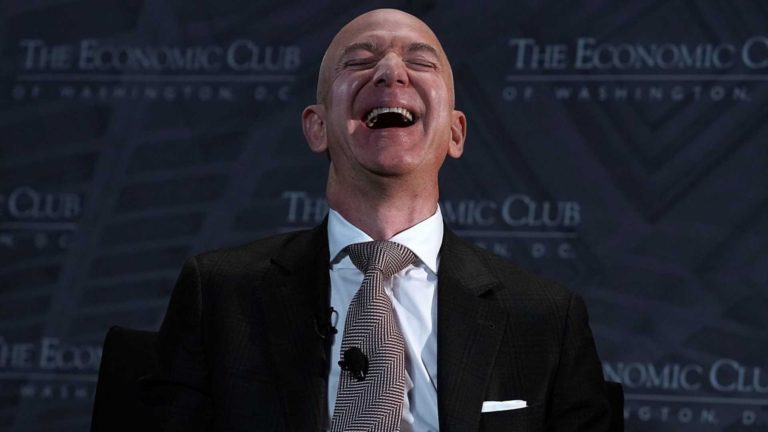Public Defender vs. Private Attorney: A Comprehensive Comparison
When you’re facing criminal charges, one of the most crucial decisions you’ll make is choosing your legal representation. It’s like standing at a crossroads – do you go with a public defender or hire a private attorney? Both paths lead to legal representation, but the journey and destination can be quite different, and yield different results.
Let’s dive into this legal dilemma and explore the pros and cons of each option. Remember, there’s no one-size-fits-all answer, but by the end of this article, you’ll have a clearer picture of what might work better for your unique situation.
What Exactly is a Public Defender?
A public defender is a licensed attorney employed by the government to represent individuals who cannot afford to hire a private lawyer. They are appointed by the court to defend clients in criminal cases, ensuring that the constitutional right to legal representation is upheld regardless of a person’s financial situation.
Pros of Choosing a Public Defender:
- Cost-Effective: Public defenders are provided at no cost to eligible defendants, making legal representation accessible to those who can’t afford private attorneys.
- Experience with Local Courts: Due to their high caseloads, public defenders often have extensive experience in local courts. They’re familiar with local judges, prosecutors, and court procedures, which can be advantageous in navigating the legal system.
- Dedication to Public Service: Many public defenders are driven by a passion for social justice and protecting the rights of the accused. This dedication can translate into committed representation.
- Team Resources: Public defender offices often have access to investigators, paralegals, and other support staff, providing a team approach to defense.
- Specialized Knowledge: Public defenders often have deep expertise in criminal law due to their focus on this area of practice.
- Negotiation Skills: Regular interactions with prosecutors can lead to strong negotiation skills, potentially resulting in favorable plea bargains.
Pro: The Underdog Victory
Sarah’s Story: When Experience Trumps Resources
Sarah, a 22-year-old college student, found herself in a nightmare situation. After a party, she was arrested and charged with drug possession with intent to distribute – a felony that could derail her entire future. With no money for a private attorney, Sarah was appointed a public defender named Mark.
At first, Sarah was skeptical. Mark seemed overwhelmed, juggling multiple cases, and rarely available for long phone calls. However, as her case progressed, Sarah realized she had hit the public defender jackpot.
Mark had been working in the local courts for over 15 years. He knew every judge, every prosecutor, and every little quirk of the local legal system. More importantly, he had handled dozens of cases just like Sarah’s.
During her preliminary hearing, Mark’s experience shone. He quickly identified inconsistencies in the police report and skillfully cross-examined the arresting officer. His familiarity with the prosecutor allowed him to negotiate behind the scenes, resulting in a plea deal that reduced Sarah’s charge to a misdemeanor possession.
The outcome? Sarah got probation and mandatory counseling instead of jail time. Her record would be eligible for expungement after completing probation. Sarah’s future was saved, thanks to a public defender whose deep experience in the local system proved invaluable.
Cons of Choosing a Public Defender:
- High Caseloads: Public defenders often handle numerous cases simultaneously, which can limit the time and attention given to each case.
- Limited Choice: Defendants don’t get to choose their public defender; one is assigned based on availability.
- Potential for Less Personalized Strategy: Due to time constraints, public defenders might not always be able to craft highly individualized defense strategies.
- Income Restrictions: Not everyone qualifies for a public defender. If your income is above a certain threshold, you may be ineligible.
- Limited Resources: While public defender offices have resources, they may not have the same level of funding as some private law firms for extensive investigations or expert witnesses.
- Potential for Burnout: The demanding nature of the job can lead to burnout, which might affect the quality of representation in some cases.
Con: The Overwhelmed Defender
Jason’s Frustration: When High Caseloads Lead to Oversights
Jason, a 35-year-old construction worker, was charged with assault following a bar fight. He claimed self-defense, insisting that the other person had attacked him first. Unable to afford a private attorney, Jason was assigned a public defender, Lisa.
From the start, Jason felt like just another case number. Lisa was handling over 100 active cases and could rarely spend more than a few minutes with Jason before or after court appearances. Their meetings felt rushed, and Jason struggled to fully explain his side of the story.
As the trial approached, Jason became increasingly anxious. He had provided Lisa with the names of two witnesses who could corroborate his self-defense claim, but she hadn’t managed to interview them. When Jason finally reached her by phone, Lisa admitted she had misplaced the witness information and it was now too late to add them to the witness list.
During the trial, the prosecution presented a strong case. Without the witnesses to support his story, Jason’s defense felt weak. Lisa did her best with the limited preparation time she had, but her arguments lacked the depth and detail that Jason had hoped for.
The result? Jason was found guilty. While he avoided jail time, he received a hefty fine and probation. The conviction on his record led to him losing his job. Jason couldn’t help but wonder if the outcome would have been different with a less overburdened attorney.
What is a Private Attorney?
A private attorney is a lawyer who is hired and paid directly by the client or their family. These attorneys can work independently or as part of a law firm, and they have the freedom to choose which cases they take on.
Pros of Hiring a Private Attorney:
- Personalized Attention: Private attorneys typically have smaller caseloads, allowing them to devote more time and attention to each client and case.
- Choice and Specialization: Clients can choose an attorney based on their expertise, track record, or personal rapport. This allows for selecting a lawyer with specialized experience relevant to the specific case.
- Resources for Investigation: Private attorneys often have more resources at their disposal for thorough investigations, hiring expert witnesses, and exploring all possible defense strategies.
- Flexibility in Strategy: With more time and resources, private attorneys can often develop more comprehensive and tailored defense strategies.
- Availability: Private attorneys are often more accessible to their clients, with more flexible communication options and meeting times.
- Continuity of Representation: The same attorney typically handles a case from start to finish, ensuring consistency throughout the legal process.
Pro: The Thorough Defense
Michael’s Relief: When Resources Make the Difference
Michael, a 45-year-old accountant, was accused of embezzlement by his employer. The charges were serious, threatening not just his freedom but his entire career. Recognizing the high stakes, Michael’s family pooled their resources to hire Sharon, a private attorney specializing in white-collar crime.
From their first meeting, Sharon devoted substantial time to understanding every nuance of Michael’s case. She meticulously went through years of financial records, identifying discrepancies in the company’s claims. Sharon hired a forensic accountant to analyze the transactions in question, uncovering evidence that the alleged embezzlement was actually a result of the company’s own accounting errors.
Throughout the process, Sharon was readily available to answer Michael’s questions and calm his fears. She prepared him thoroughly for questioning, ensuring he understood the implications of every potential statement.
When it came time for trial, Sharon’s preparation paid off. Her detailed understanding of the case allowed her to craft a compelling narrative. The expert testimony from the forensic accountant she hired was crucial in dismantling the prosecution’s case.
The outcome? Michael was acquitted of all charges. Sharon’s thorough approach, combined with the resources to hire necessary experts, had made the difference. Michael was able to clear his name and eventually return to his career.
Cons of Hiring a Private Attorney:
- Cost: Private attorneys can be expensive, with costs varying widely based on experience, location, and case complexity. Legal fees can quickly accumulate, especially for lengthy or complex cases.
- Varying Levels of Experience: Not all private attorneys have the same level of experience, especially in criminal law. Some may have less courtroom experience than seasoned public defenders.
- Potential for Over-promising: Some private attorneys might make unrealistic promises to secure clients. It’s important to have realistic expectations and clear communication about potential outcomes.
- Less Familiarity with Local Courts: If you hire an out-of-town specialist, they might not have the same level of familiarity with local court systems and personnel as a public defender.
- Financial Pressure: The cost of ongoing legal representation might create additional stress during an already difficult time.
- Potential Conflicts of Interest: In some cases, the financial arrangement between client and attorney could potentially influence decision-making about plea bargains or trial strategies.
Con: The Financial Strain
The Garcia Family’s Struggle: When Justice Comes at a High Price
Maria Garcia’s 19-year-old son, Carlos, was charged with felony burglary. Terrified of the potential consequences and determined to give Carlos the best defense possible, the Garcia family decided to hire a private attorney, despite their limited means.
They chose Thomas, a well-known criminal defense lawyer with a strong track record. Thomas’s retainer fee alone was $10,000, forcing the Garcias to empty their savings account. As the case progressed, the bills kept coming. Each motion filed, and each expert consulted, added to the mounting costs.
Maria took on a second job. Her husband worked overtime whenever possible. They sold their second car and cut back on every non-essential expense. The stress of the financial burden began to affect their health and family relationships.
Thomas did provide excellent representation. He successfully got some evidence thrown out and negotiated with the prosecutor. In the end, Carlos was offered a plea deal for a lesser charge, avoiding the worst-case scenario.
While relieved at the outcome, the Garcia family was left in a difficult financial position. The total cost of Carlos’s defense had exceeded $50,000. They faced years of paying off the loans they had taken out. Maria’s mother had to postpone her retirement to help cover the costs.
The result? While Carlos’s legal outcome was positive, the financial repercussions for the family were severe and long-lasting. They couldn’t help but wonder if a public defender might have achieved a similar result without the enormous financial sacrifice.
These real-life scenarios illustrate that the choice between a public defender and a private attorney isn’t always clear-cut. Each option can lead to both positive and negative outcomes, depending on the specific circumstances of the case and the individuals involved.
Making Your Decision: It’s Not Just About the Money
When choosing between a public defender and a private attorney, consider these factors:
How complex is your case?
For straightforward cases, a public defender’s experience might be sufficient. However, for complex cases involving multiple charges or requiring extensive investigation, a private attorney’s ability to devote more time and resources could be beneficial.
What’s at stake?
If you’re facing serious charges with potentially life-altering consequences (like lengthy prison sentences), investing in a private attorney might be worth considering. The personalized attention and resources could make a significant difference in the outcome.
How comfortable are you with uncertainty?
With a public defender, you can’t choose who represents you. If you have anxiety about this or feel you need a certain type of personality in your attorney, a private lawyer might be a better fit.
What’s your financial situation?
Be realistic about what you can afford. Consider not just the immediate costs, but also potential long-term financial impacts of legal fees versus potential case outcomes. Remember, an expensive attorney doesn’t guarantee a better outcome, but lack of resources can limit defense options.
How much time do you have?
Public defenders, due to their familiarity with the system and need to manage large caseloads, might resolve cases quickly. Private attorneys might take more time to build a case, which could be advantageous or disadvantageous depending on your situation.
Do you have special circumstances?
If your case involves unique factors (e.g., mental health issues, immigration consequences), consider whether a public defender or a private attorney specializing in these areas would be better equipped to handle your case.
What’s your comfort level with the legal system?
If you’re feeling overwhelmed and need more hand-holding through the process, a private attorney might offer more personal support. However, if you’re comfortable doing some legwork yourself, a public defender could be a good option.
Remember, the “best” choice depends on your specific circumstances, the nature of your case, and your personal preferences. Both public defenders and private attorneys can provide effective representation. The key is to make an informed decision based on your unique situation and needs.
The Bottom Line: Both a Public Defender and Private Attorney Can Provide Effective Representation
Here’s a little secret: both public defenders and private attorneys can provide excellent legal representation. The “best” choice depends on your specific circumstances, the nature of your case, and your personal preferences.
Remember, regardless of whether you go with a public defender or private attorney, the most important thing is that you have someone advocating for your rights. The U.S. legal system is complicated, and having a knowledgeable legal professional on your side is crucial.
If you’re still unsure, you might find it helpful to refer back to my article “10 Questions You Must Ask Before Hiring A Criminal Defense Lawyer.” These questions can help you evaluate your options and make an informed decision.
Whichever path you choose, remember that you have the right to effective legal representation. Stay informed, ask questions, and be an active participant in your defense. After all, no one has more at stake in your case than you do.







